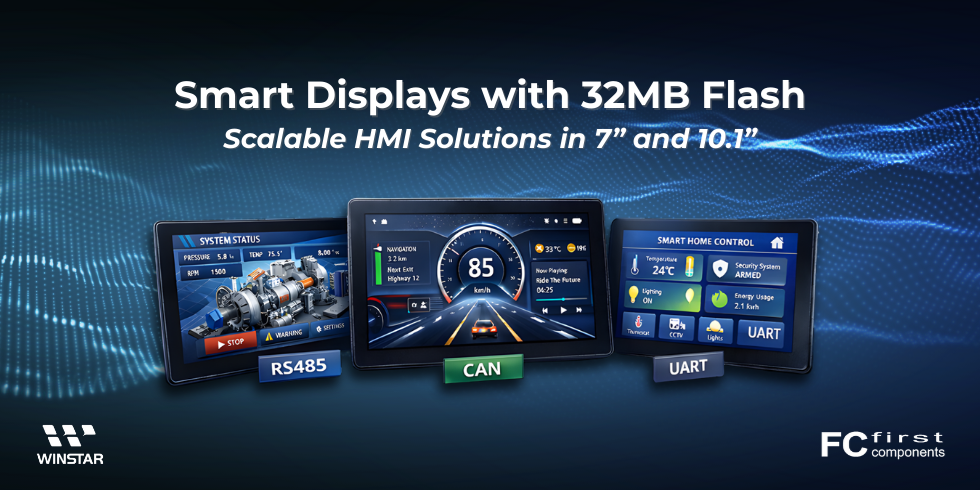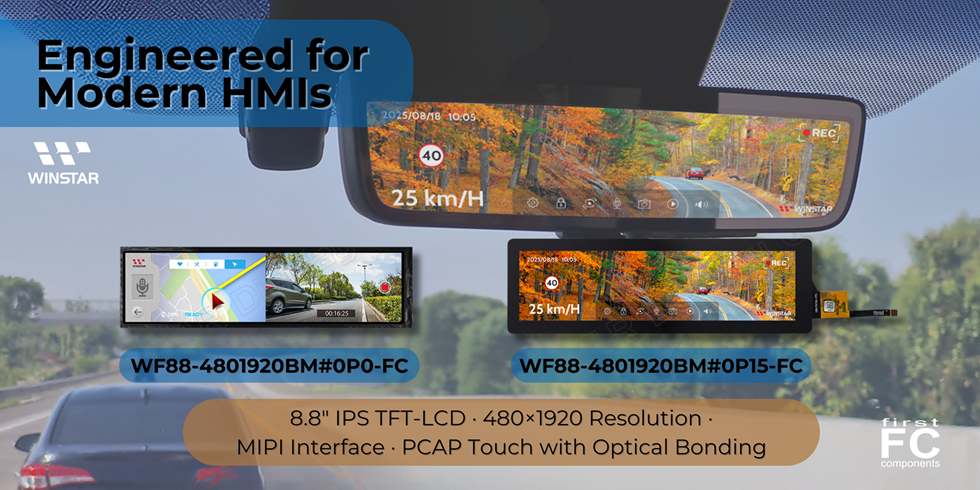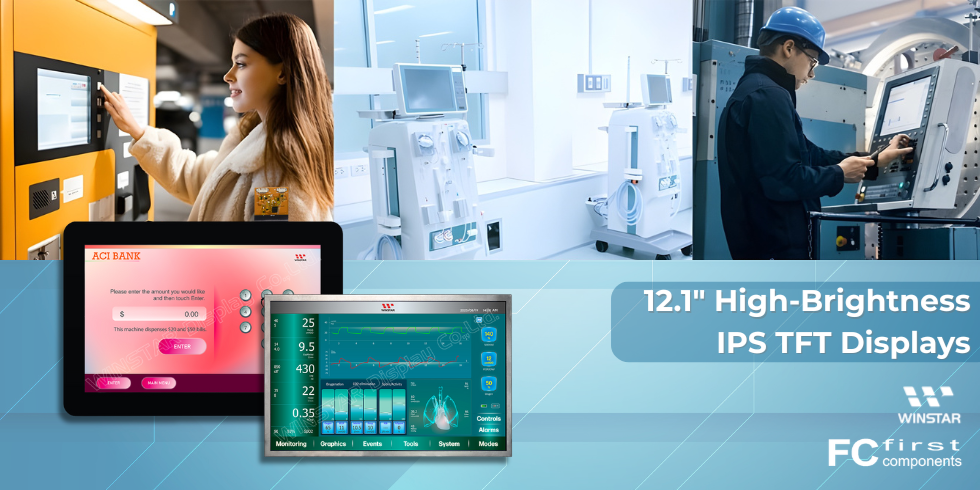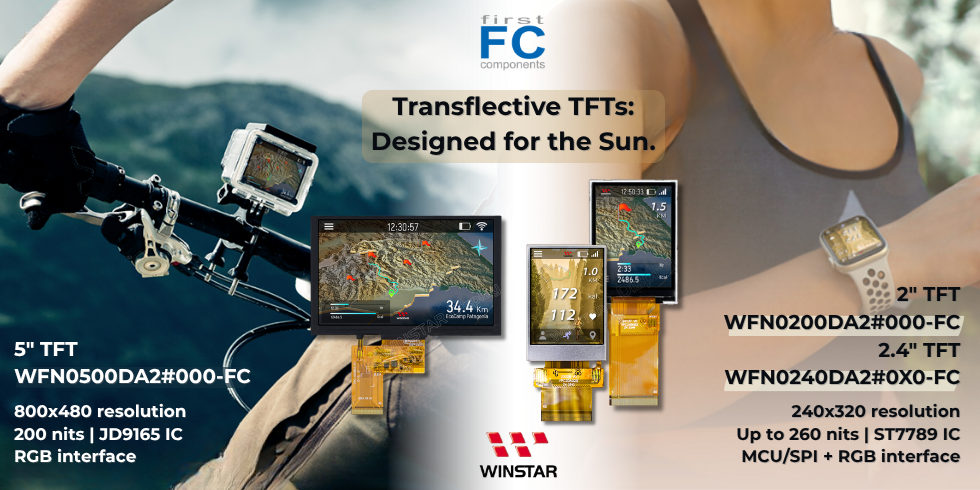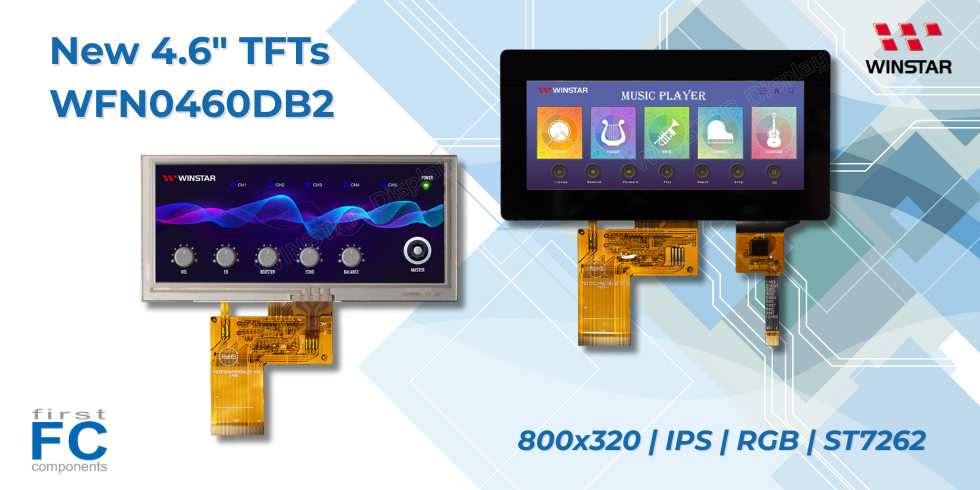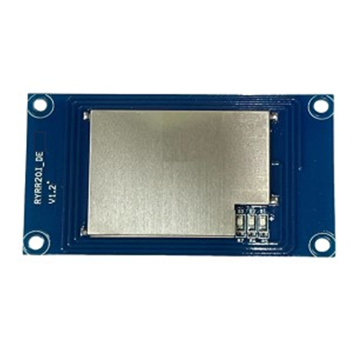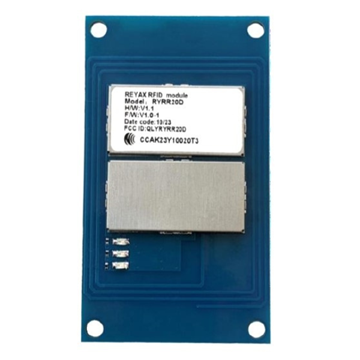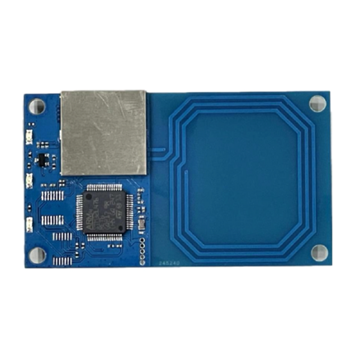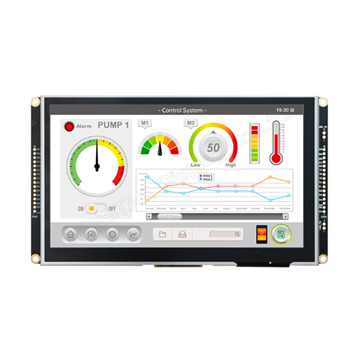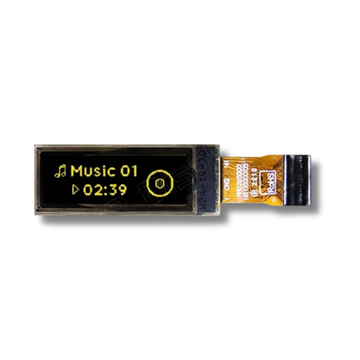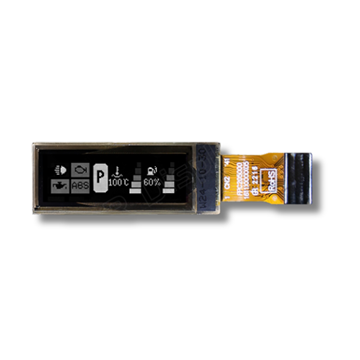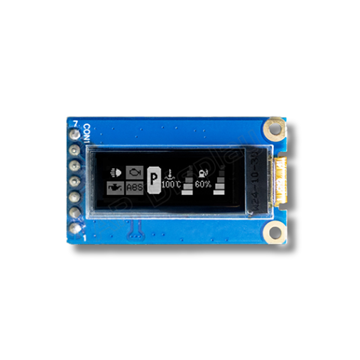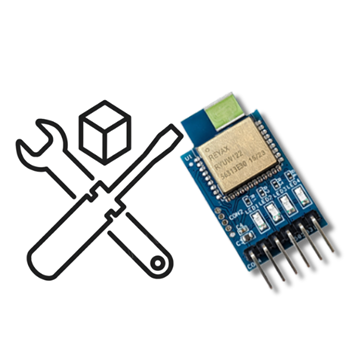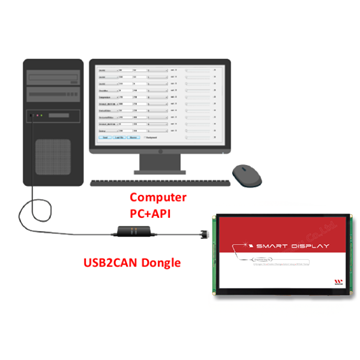Cookies help us deliver our services. By using our services, you agree to our use of cookies.
- Register
- Log in
-
Shopping cart
(0)
You have no items in your shopping cart.
Search
NFC-RFID
Built-in programming options suitable for wide range of applications...

RFID (Radio Frequency Identification) is a system consisting of a radio transponder, receiver, and transmitter. When an RFID reader emits an electromagnetic interrogation signal, the tag responds by transmitting digital data, typically an identifying inventory number, back to the reader. This technology allows devices to read information contained in a wireless tag from a distance without physical contact or requiring a line of sight. Passive RFID systems use tags powered by the electromagnetic energy from the reader, eliminating the need for internal power sources, making them battery-free and more cost-effective. RFID is widely employed in applications such as supply chain management, human tracking, access control, and smart labels.
- UID Reader RFID Module
The RFID UID Reader module is a fundamental component of all RFID systems, designed to read the unique identifier (UID) of an RFID tag to verify a user's identity and grant access. This module helps designers accelerate project timelines by addressing signal fine-tuning and optimization challenges.
The RFID UID Reader module is a fundamental component of all RFID systems, designed to read the unique identifier (UID) of an RFID tag to verify a user's identity and grant access. This module helps designers accelerate project timelines by addressing signal fine-tuning and optimization challenges.
- Memory Block Encryption RFID Module
RFID encryption secures the user data stored on identification tags. With a unique encryption key associated with each tag's identification, only a specific key can be used to encrypt data for storage on the tag or to decrypt it. This enhances security by ensuring that data transfers between tags and trusted readers are encrypted, preventing unauthorized readers from intercepting the information.
- Apple & Google Wallet NFC Module
Replacing traditional physical RFID cards, Apple® Wallet VAS and Google® SmartTap passes function over short distances, allowing users to present contactless passes using only their phones. When the device is near an NFC terminal, the terminal initiates the transaction by requesting the pass, enabling users to easily integrate keys, tickets, gift cards, or loyalty cards with a simple tap. This technology enhances security by encrypting the transaction process and completing it through secure coding.
- UHF RFID Long-Range Reader Module
UHF (Ultra-High Frequency) RFID readers operate in the 840 MHz to 960 MHz frequency band, offering a much longer reading range compared to HF NFC readers. These readers can simultaneously interact with multiple tags, making them ideal for long-range applications such as electronic toll collection (ETC) systems or large-scale inventory management.
| Model Name | Interface | Default Baud Rate | Frequency | Protocol |
Read Range (REYAX Standard card) |
Encryption |
OTA | Firmware |
|---|---|---|---|---|---|---|---|---|
| RYRR10S | UART/SPI | 57600 | 13.56MHz |
ISO15693,ISO14443A/B, and FeliCa®. |
4 cm | No | No | Fix |
| RYRR20I | UART | 115200 | 13.56MHz |
ISO15693,ISO14443A/B, and FeliCa®. |
4 cm | No | No | standard/customized |
| RYRR20D | RS-232 | 19200 | 13.56MHz |
ISO15693,ISO14443A/B, and FeliCa®. |
4 cm | No | No | standard/customized |
| RYRR30I | UART | 115200 | 13.56MHz | ISO18092 | 8 cm | No | Yes | standard/customized |
| RYRR30D | +3.3V UART / RS-232 / USB2.0 | 115200 | 13.56MHz | ISO15693,ISO14443A/B, and FeliCa®. |
8 cm |
Apple_®_Wallet_VAS_ Google_®_Smart_Tap_pass |
Yes | standard/customized |
| RYRR50S | UART | 19200 | 13.56MHz | ISO14443A Mifare® DesFire® |
5 cm |
Yes | TBD | standard/customized |
| RYRR39U | USB 2.0/UART | 115200 | 840~960MHz |
UHF_ISO_18000_6C_ (EPC_Class1_Gen_2) |
6~9 M | TBD | standard/customized |
View as
Sort by
Filter by attributes
- Brand
- Reyax
Products
Filter by:
Clear All
Min:
€8.00
Max:
€158.00
8
158
Recently viewed





